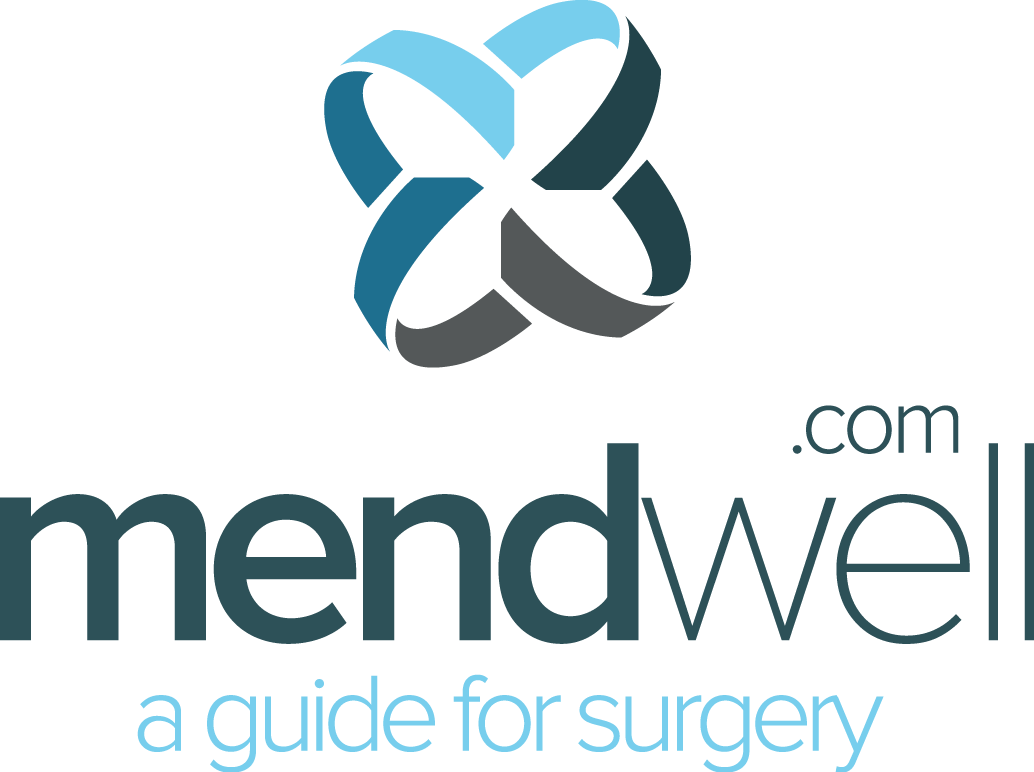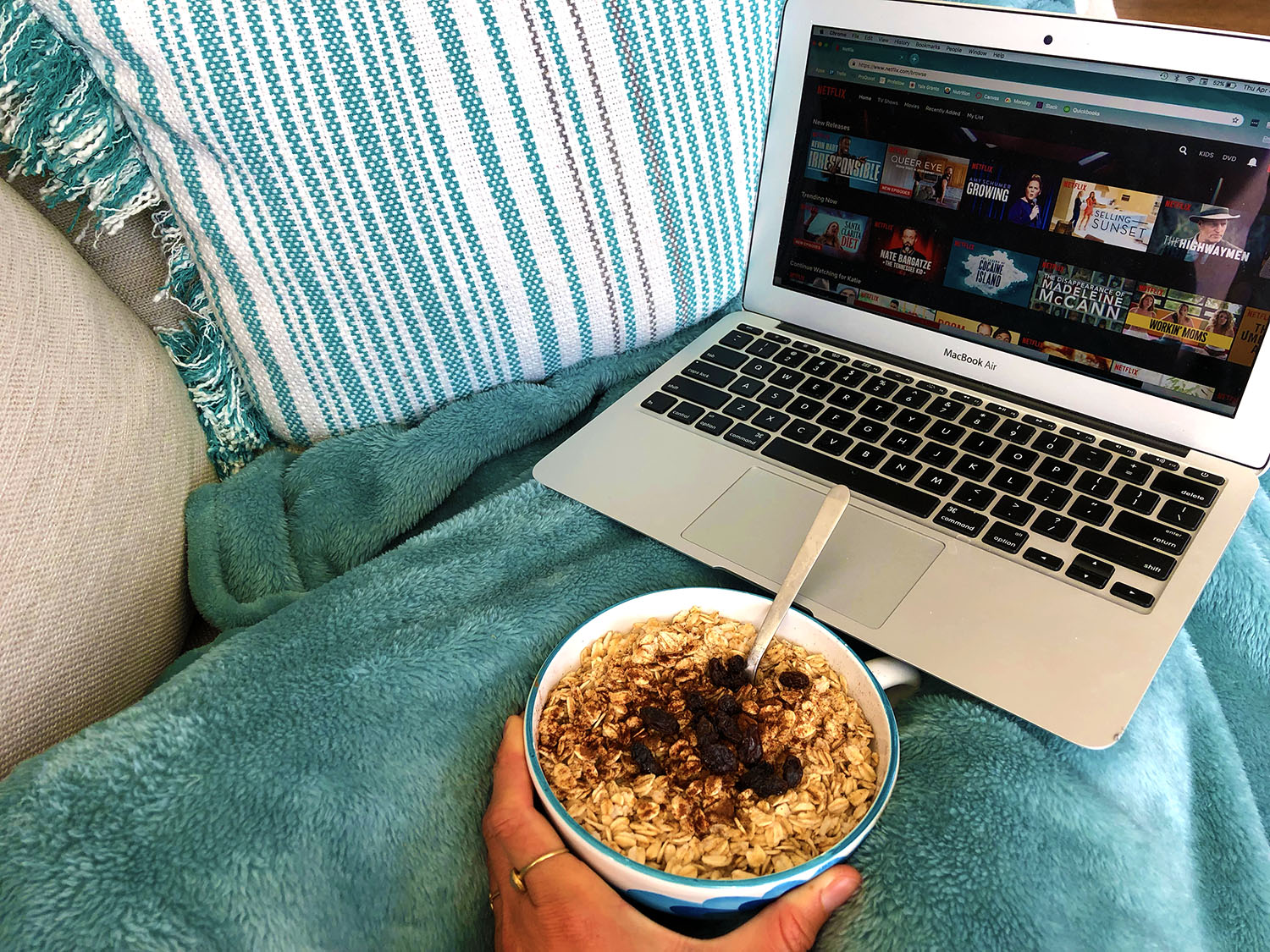My Surgery Story: Having Salivary Gland Surgery
Whether its nail biting, finger tapping, hair twirling, we all have our nervous habits. And for the most part, they tend to be relatively harmless. But, if you happen to be a bit accident prone like me then maybe your bad habit turned into a bit more of an issue than a personal quirk. In my college days, whenever I got a bad case of the nerves, I would unintentionally bite my lower lip as a bizarre way self-soothing. While this habit provided absolutely no relief, it was hard to kick, and caused a domino effect of annoyances that soon became an actual medical issue.
During one particularly stressful final exam period (thanks O-chemistry), I bit the anxiety-provoked lip bite that ultimately landed me in my very first surgery. This time, my poor salivary gland was collateral damage to my pre-finals fidgets, and I was left with a swollen lip that had me stuck with a perpetual “duck face” (a favorite of pre-teen girls on social media).
Today, I’m sharing my personal salivary gland surgery experience which meant having my crushed salivary gland removed. And while salivary gland surgery is a “unique” surgery, anyone can benefit from learning about others’ pre and post-op experiences to get a general idea of what to expect from a surgical procedure.
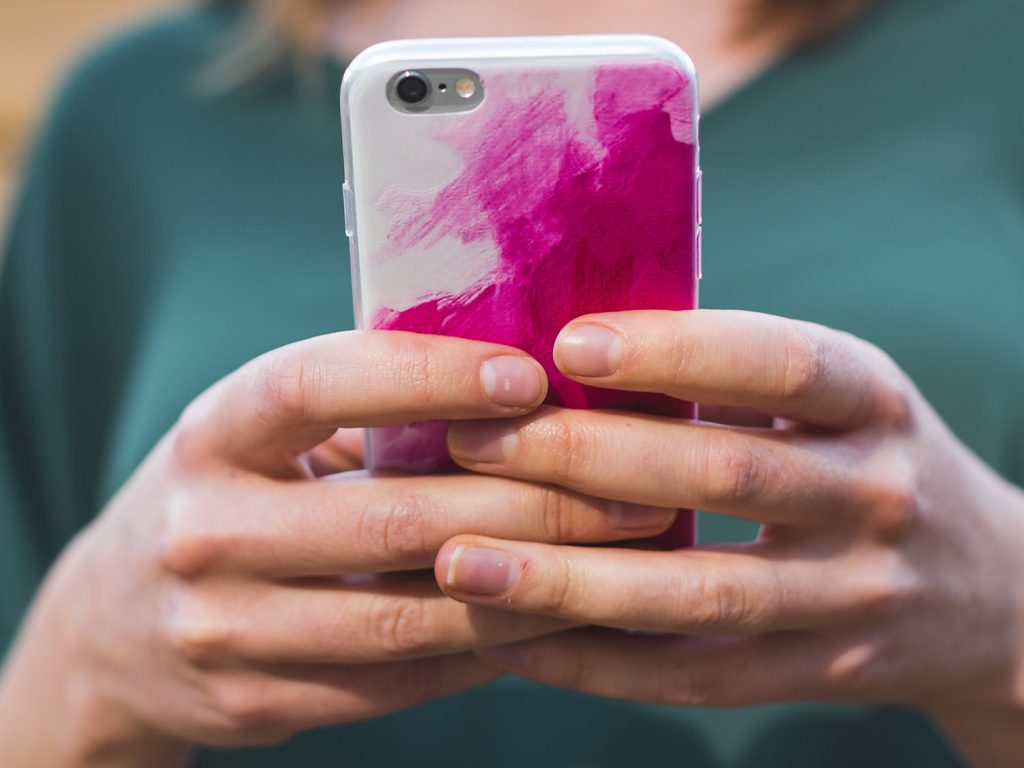
Pre-Op Panic Mode
As a self-proclaimed hypochondriac, I was somewhat relieved to learn that the grape-sized bubble on my inner lip was just a smashed gland filled with saliva (cute, I know) rather than a tumor, or a family of spiders, or whatever else WebMD suggested it could be. But, the peace of mind ended there as I started to picture my mouth being cut open just a week after getting it checked out by my physician. The quick scheduling of my procedure was actually a blessing since it compressed the amount of time I could spend imagining what could possibly go wrong.
What to Expect from Salivary Gland Surgery
A few days before my surgery, my doctor reached out to give me the 4-1-1 on what I needed to do to prepare for my salivary gland surgery. I learned about the procedure, what I should expect immediately after, and what medications I would need for my recovery. As I expected, I was going to have to stick to soft, cool to lukewarm foods for the first several days following the operation. This was particularly unnerving because my surgery wasn’t scheduled until 1 pm and I was told not to eat anything after midnight the night before. It was easy to imagine how “hangry” I was going to be having my first post-op meal of jello.
I was also told I needed to refrain from exercise for 3-5 days and that the pain medication I would be given could potentially come with some not-so-pleasant side effects, including nausea, dizziness, and anxiety (which I already had plenty of while preparing for my surgery). I’ll admit that getting the rundown on the process, didn’t totally ease my mind. I still found myself one phone call away from canceling the procedure and living with my lopsided lip forever. But alas, I followed through and adhered to the pre-op protocol as directed. And as I expected, I was as grumpy and uncomfortable as I thought I’d be as a result of my long pre-surgery fast. What I did not expect was my experience post-op.
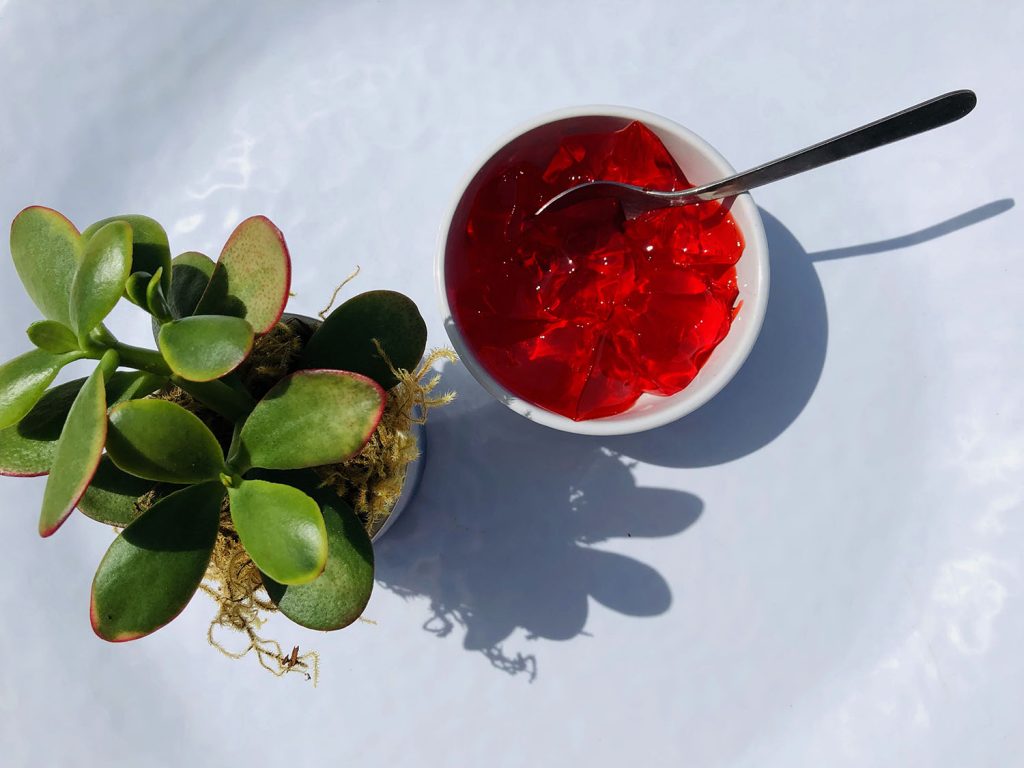
Easy, Breezy Bounce Back
The first thing I felt coming out of my salivary gland surgery wasn’t pain or discomfort in my mouth, but a (slightly irritating) tapping on my arm. Apparently, I had already been slowly coming back to consciousness, but when Id close my eyes and drift back off to sleep, my heart rate would dip a bit too low. Hence, the shaking of my arm by the nurse to keep me awake. As a former athlete, I’ve always run a bit of a lower heart rate, so the nurse caring for me was just doing her due diligence.
Once I had stabilized, my dad (who was doubling as my driver and at-home nurse for the evening) was brought into my aftercare room and we were given the final guidance on medications, pain management, and the general “do’s and don’ts” following my salivary gland removal. After we’d covered everything, I was sent on my way, armed with gauze and paper towels to catch whatever might drip from my very numb mouth (again, cute, right?).
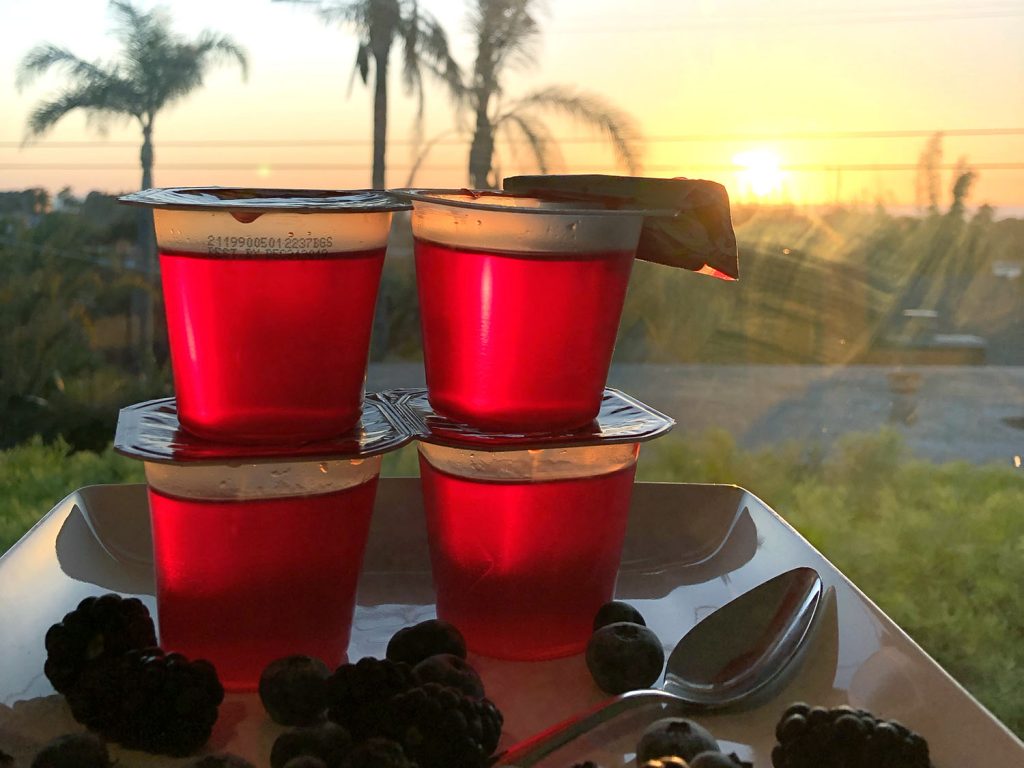
Driving home, I remember feeling particularly grateful that my procedure had been done in an outpatient facility, knowing that I’d be able to curl up for a nap at home rather than in a stiff hospital bed. So, as soon as I walked in my front door, I immediately hit the couch for a nice, long nap.
Unfortunately, not long after I’d fallen asleep, I was jolted up by a sharp pain in my mouth, brought on by a combination of face planting onto my sutures while the effects of the numbing medication began to wear off. As you might imagine, it was far from comfortable, so I decided to take the pain medication I’d been prescribed. However, this was the first and the last time I took said narcotics as the side effects (in my opinion) outweighed the pain managing benefits. I felt sick to my stomach, dizzy, and frankly, a bit out of my mind on the medication and chose to go without it for the rest of my recovery. Luckily, the actual “recovery” period was extremely short-lived.
As someone who went into their surgery with the mindset that everything that could go wrong would, I was shocked at how quickly I was able to bounce back! I had begrudgingly purchased boxes and boxes of jello and pudding, expecting that it’d be my main food source for every bit of my projected 5-7 day recovery. But, I found myself feeling nearly pain-free (without any medication) less than 48 hours after my surgery and I was given the go-ahead to resume eating normally. So, while I wasn’t pounding chili peppers or baby-back ribs by any means, I was able to enjoy a bit of variety outside of semi-solids.
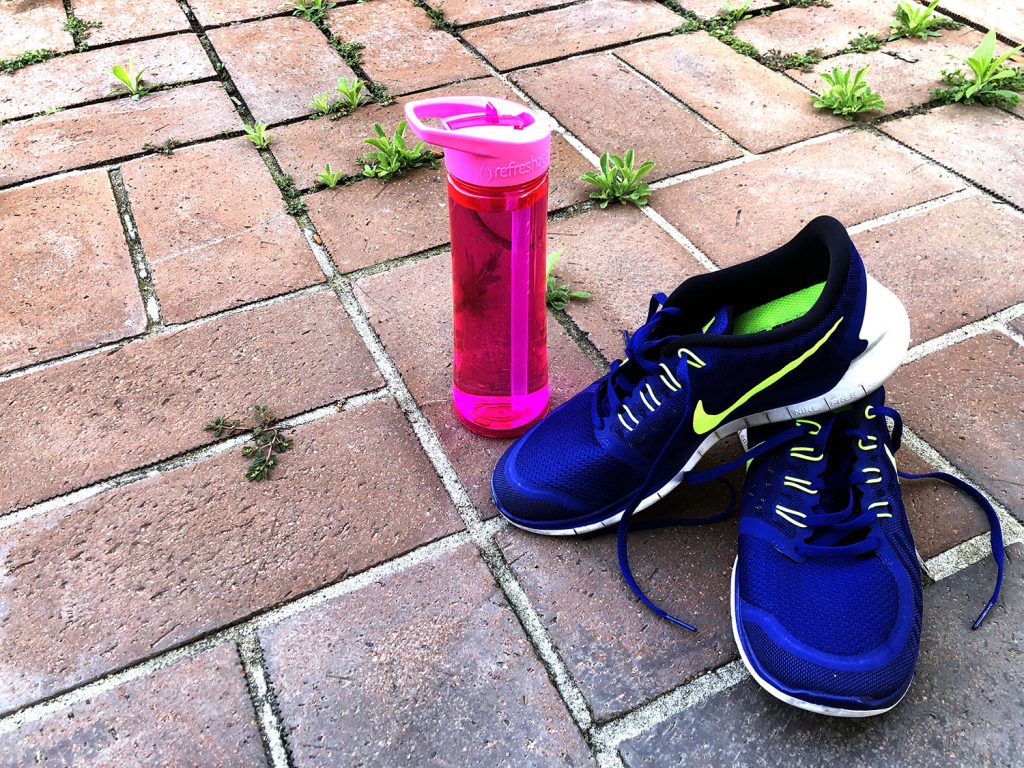
Challenges of Salivary Gland Surgery
Looking back on my recovery period, the most difficult part was reducing my typical daily activity. As an active runner and daily exerciser, I found myself going a bit stir crazy after those first 48 hours. As soon as I was feeling mostly pain-free, I felt ready to hit the ground running (literally) and get back to my normal fitness routine. But I was less than thrilled to learn that while my diet was given the green light to return to the pre-surgery norms, I still had to take it easy physically since the physiological effects of exercise could rupture the sutures in my mouth and ultimately prolong the healing process.
Another reason for the bedrest boredom? I was still in college at the time of my salivary gland surgery and had my procedure done over my spring break. So, while my friends and classmates were living it up on the beaches of Mexico or some equally fun vacation destination, I was stuck at home with a fat lip and bowl of room temperature oatmeal. While I may have been a bit bitter about it, I can look back on my procedure and appreciate the situation for the lessons it taught me.
After learning about enhanced recovery protocols, I can see that my quick recovery experience could be attributed in part, to the healthy lifestyle choices I had been making from an early age (like regular physical activity, minimal drinking, never touching a cigarette, and quality nutrition). So, while my spring break surgery may not have been the wild week my college friends were having, I got to practice some gratitude for my health and my ability to bounce back. My main takeaway from experience? If you take care of your body, your body will take care of you…and also that cherry jello is pretty disgusting.
